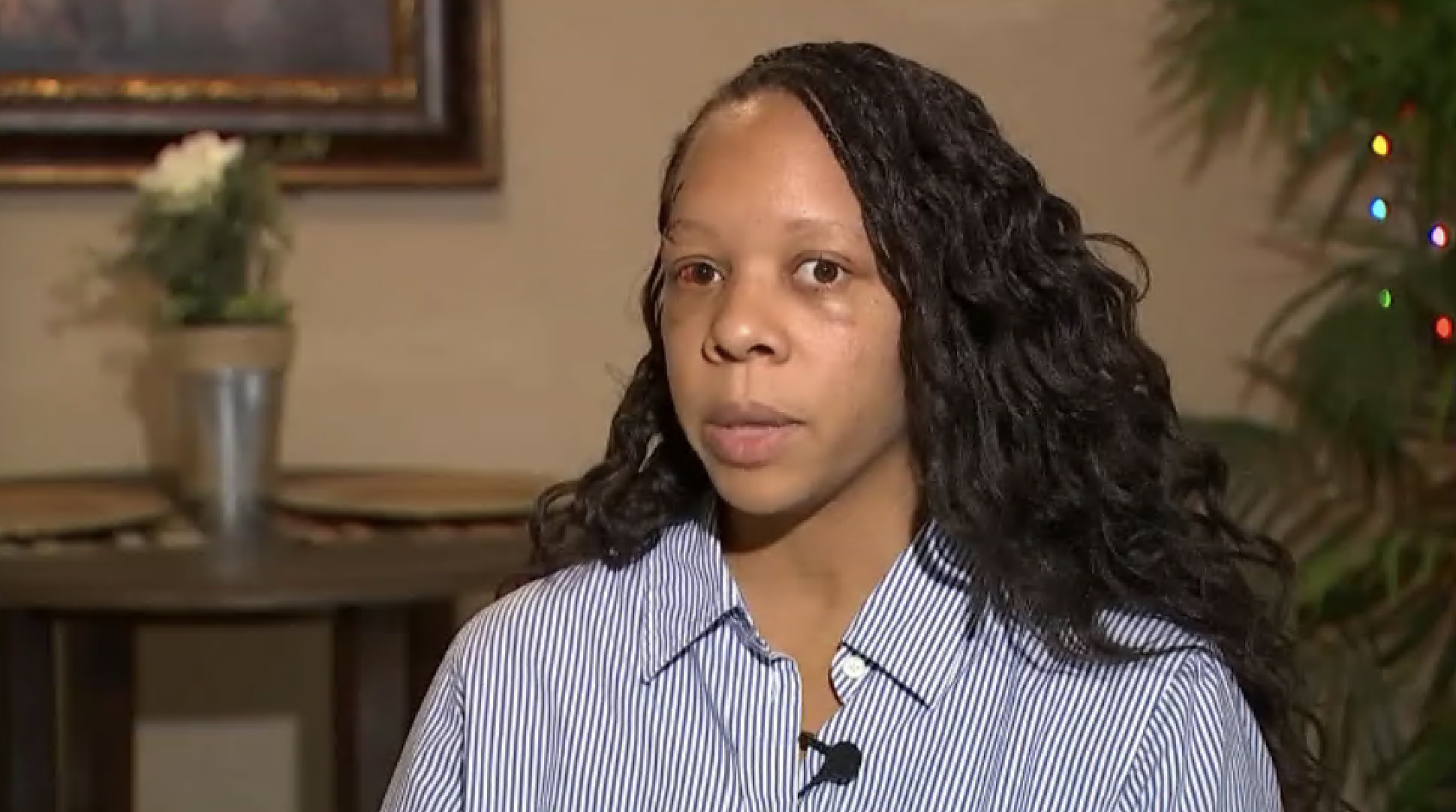Editor’s note: This article was updated to include additional comment from one of the buyers and court developments.
Tens of millions of dollars in cash and Coconut Grove property will be changing hands in the coming weeks if a judge approves a settlement agreement among the parties with the most money at stake in what lawsuits allege was a multimillion-dollar real estate fraud.
Watch NBC6 free wherever you are
Still to be determined: how much money will be left over for those who made down payments totaling $22 million for homes they will likely never own.
They have filed lawsuits accusing the developer and its principals – Douglas Cox and attorney Nicole Pearl – of defrauding them, in some cases taking more than one down payment on the same property. Cox and Pearl have denied wrongdoing and their attorney Friday had no comment on the latest developments.
Get local news you need to know to start your day with NBC 6's News Headlines newsletter.
By May, when a judge appointed a receiver to take over the businesses, including Send Enterprises, that were marketing and developing the properties, he reported finding less than $300 remaining in company bank accounts.
The settlement proposal, set for hearing on Tuesday Dec. 19 before Miami-Dade Circuit Judge Thomas Rebull, would resolve the biggest financial claim, made by Altamar Financial Group LLC. As of last month, Altamar asserted it was owed $48 million in principal and interest on loans made to the developer, according to the motion to approve the settlement.
Instead, it will accept about $33 million – half of it from a planned $16.5 million sale of 12 vacant lots that had been acquired by the companies connected to Cox and Pearl.
Local
The purchaser of those lots would also lend the receiver another approximately $16.5 million, which would be used to pay out Altamar. In exchange, the Altamar would drop all its claims and its appeal challenging the sale of the lots.
If Judge Rebull approves, the receiver would then market and sell the 12 completed properties that were only partially built. Proceeds from those sales and any other recovery the receiver makes from others involved will be first used to pay back principal and interest on the $16.5 million loan from the purchaser of the vacant lots. Then, after covering the costs and fees of the receivership, whatever remains will be used to reimburse the people who put $22 million in down payments on the properties. The settlement allows the receiver to continue to seek damages from Cox, Pearl, Pearl’s law firm and others involved in their alleged scheme. Whatever funds may result from that litigation would also be added to the pool of money available to the buyers.
The lawsuits claim Send Enterprises, the company run by Cox and Pearl, intentionally strung those buyers along for years, leaving the properties unfinished as they collected multiple deposits for the same parcel.
It’s unclear how much of the down payments will be returned to the would-be buyers.
Asked about the terms of the proposed settlement, one of them, Diana Stobo, said “We were scammed and severely damaged.”
At first Stobo -- who in 2021 put $840,000 down on what was supposed to be a $2.8 million home -- said she had hoped she and the others could receive 80 to 90 percent of their down payments back, something she said was “not ideal,” but she would consider “a win.”
But after further review of the numbers, Stobo estimates the recovery might be less than 60 percent – an unacceptable outcome, she said, rewarding “very bad behaviors that we have witnessed in this fraud. So many people have suffered. So many people have had major losses.”



